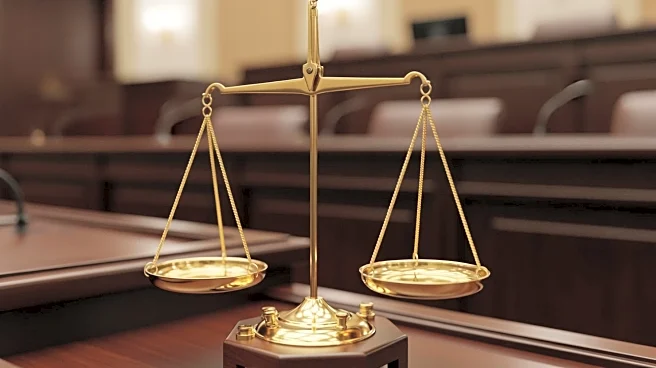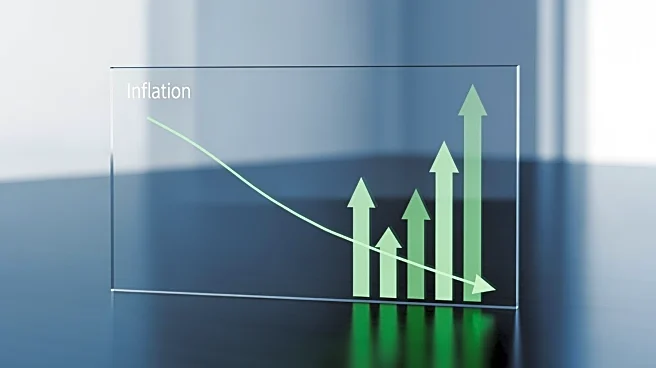What's Happening?
The 'No Kings' protests, which took place across the United States and several European countries, saw an estimated 7 million participants nationwide. These protests, initially sparked by President Trump's military parade, have evolved into a broader
movement against his administration's policies, including immigration enforcement and federal employee layoffs. The protests aim to engage communities in civic action and provide a platform for individuals to voice their concerns. Organizers like Justin Kwasa and Ezra Levin emphasize the importance of sustained engagement beyond the protests, encouraging participants to join ongoing efforts to protect civil liberties and promote democratic values.
Why It's Important?
The 'No Kings' protests highlight a significant mobilization of citizens advocating for democratic principles and civil rights. This movement reflects widespread discontent with current policies and a desire for change. By bringing together diverse groups with various concerns, the protests serve as a catalyst for civic engagement and political activism. The involvement of organizations like Indivisible and the League of Conservation Voters underscores the potential for these protests to influence public policy and encourage broader participation in the democratic process. The movement's ability to sustain momentum and translate protest energy into actionable change will be crucial in shaping future political landscapes.
What's Next?
Organizers plan to continue the momentum with a third 'No Kings' protest and a mass call to discuss future actions. The focus will be on maintaining engagement and expanding participation in civic activities. As the movement grows, it may influence upcoming elections and policy decisions, particularly in areas related to civil rights and immigration. The ongoing challenge will be to convert protest participation into long-term civic involvement and policy advocacy.















